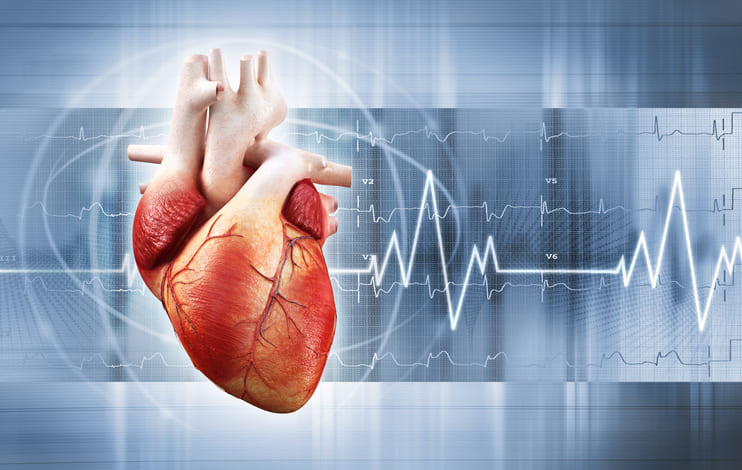Heightened activity in the amygdala is associated with a greater risk of heart disease and stroke.
While more research and larger studies are needed to confirm the mechanism, the researchers suggest that these findings could eventually lead to new ways to target and treat stress-related cardiovascular risk.
Smoking, high blood pressure and diabetes are well-known risk factors for cardiovascular disease and chronic psychosocial stress could also be a risk factor.
Previously, animal studies identified a link between stress and higher activity in the bone marrow and arteries, but it has remained unclear whether this also applies to humans.
Other research has also shown that the amygdala is more active in people with post-traumatic stress disorder (PTSD), anxiety and depression, but before this study no research had identified the region of the brain that links stress to the risk of heart attack and stroke.
Related Articles
- Heightened Activity in Amygdala Associated With CVD Events
- Shoulder pain linked to increased heart disease risk
- Association of maternal chronic disease with risk of congenital heart disease in offspring.
- CME: Coronary Heart Disease: Stagnation in Young Adults & Women
In this study, 293 patients were given a combined PET/CT scan to record their brain, bone marrow and spleen activity and inflammation of their arteries. The patients were then tracked for an average of 3.7 years to see if they developed cardiovascular disease. In this time 22 patients had cardiovascular events including heart attack, angina, heart failure, stroke and peripheral arterial disease.
Those with higher amygdala activity had a greater risk of subsequent cardiovascular disease and developed problems sooner than those with lower activity.


